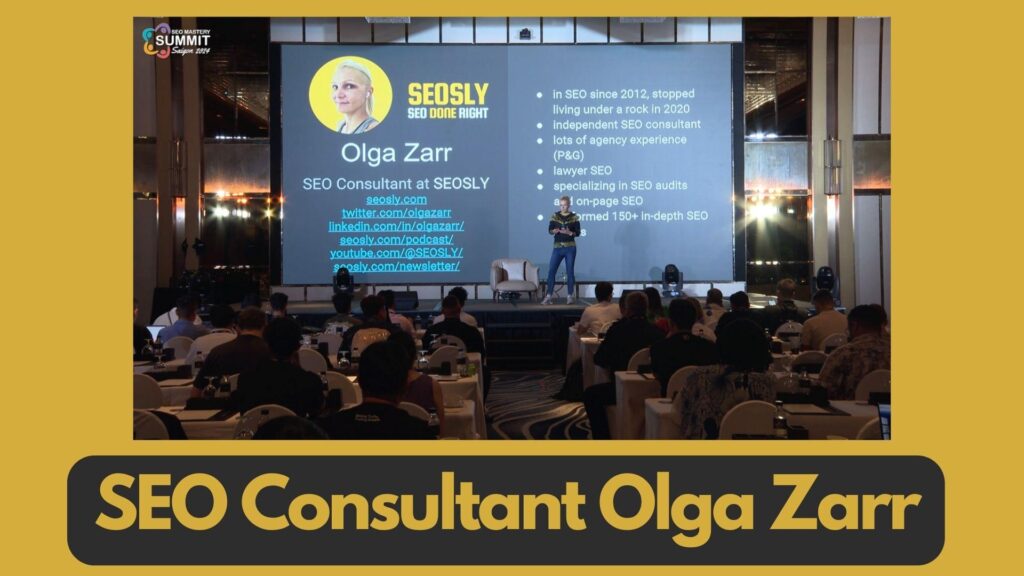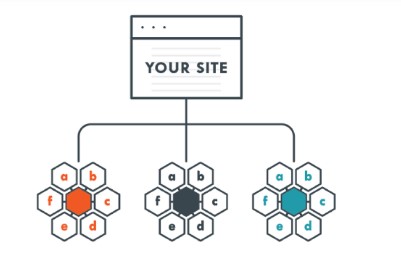In the digital realm, where websites are the new storefronts, visibility is the key to success. But how do you stand out in the vast ocean of online content? The answer lies in three simple letters: SEO. Welcome to “Unleashing Potential: A Deep Dive into SEO Company Mastery”. This comprehensive guide will navigate you through the intricate labyrinth of Search Engine Optimization, specifically tailored for WordPress sites. Whether you’re a novice dipping your toes into the SEO waters or a seasoned professional looking to refine your skills, this article will serve as your compass. We’ll explore the nuances of on-page optimization, technical SEO, keyword research, content creation, backlinks, and site performance optimization. And with the power of the RankMath SEO Pro plugin, we’ll illustrate how to elevate your WordPress site’s SEO to new heights. So buckle up and prepare to dive deep into the fascinating world of SEO mastery.
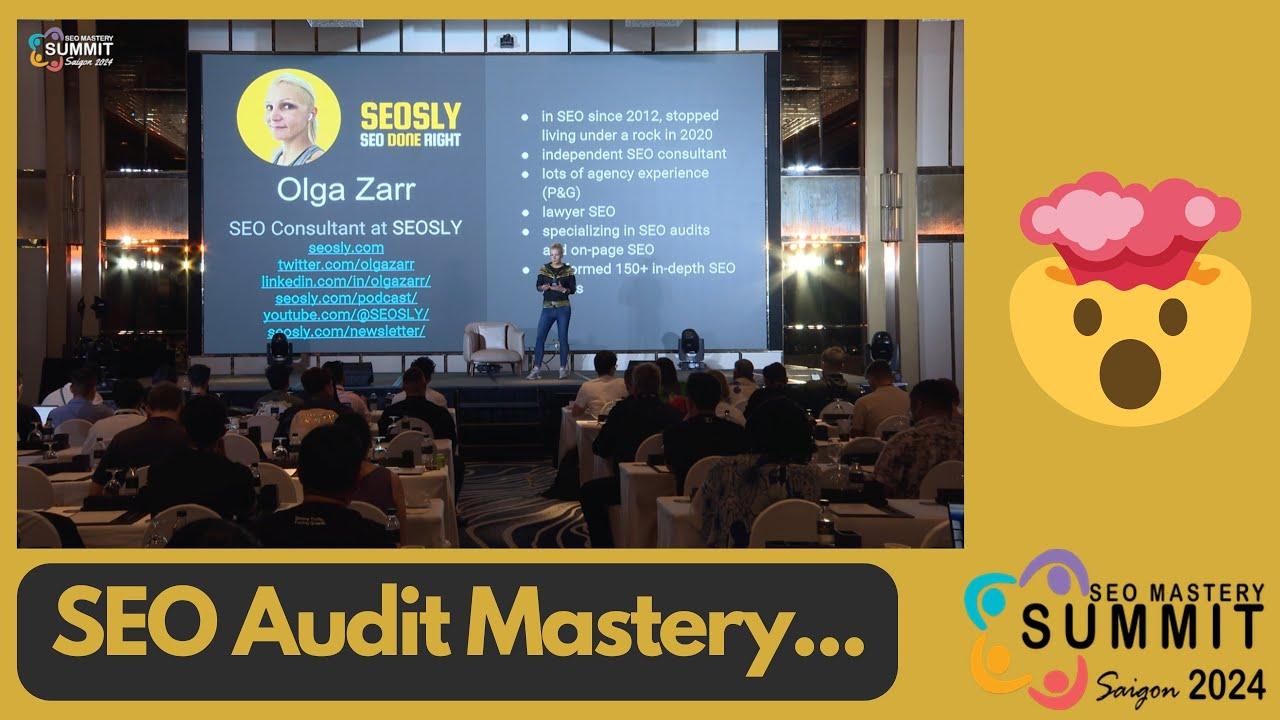
Understanding the Power of SEO in Business Growth
Search Engine Optimization (SEO) is a powerful tool that can propel your business to new heights. It’s the secret weapon that helps your website rank higher on search engine results pages (SERPs), driving more organic traffic to your site and increasing your online visibility. With the right SEO strategies, you can attract a larger audience, convert more leads, and ultimately, grow your business.
One of the most effective ways to leverage SEO for business growth is by partnering with an SEO company. These experts can help you optimize your website, conduct keyword research, create high-quality content, build backlinks, and improve your site’s performance. They can also provide you with detailed reports and analytics, so you can track your progress and make data-driven decisions.
- On-page optimization: This involves optimizing the content and HTML source code of a page. It includes techniques like keyword placement, meta tags, title tags, and content optimization.
- Technical SEO: This focuses on improving your site’s infrastructure. It includes improving site speed, mobile-friendliness, and creating an XML sitemap for search engines.
- Keyword research: This involves finding and analyzing the terms that people enter into search engines. The goal is to use these terms strategically in your content to increase your visibility on SERPs.
- Content creation: This involves creating high-quality, relevant content that attracts and engages your audience. The more valuable your content, the higher it will rank on SERPs.
- Backlinks: These are links from other websites to your site. They can significantly improve your SEO, as they signal to search engines that your content is valuable and trustworthy.
- Site performance optimization: This involves improving the speed and performance of your site. A faster site provides a better user experience, which can improve your SEO and increase conversions.
| SEO Service | Description |
|---|---|
| On-page optimization | Optimizing content and HTML source code |
| Technical SEO | Improving site’s infrastructure |
| Keyword research | Finding and analyzing search terms |
| Content creation | Creating high-quality, relevant content |
| Backlinks | Building links from other websites to your site |
| Site performance optimization | Improving the speed and performance of your site |
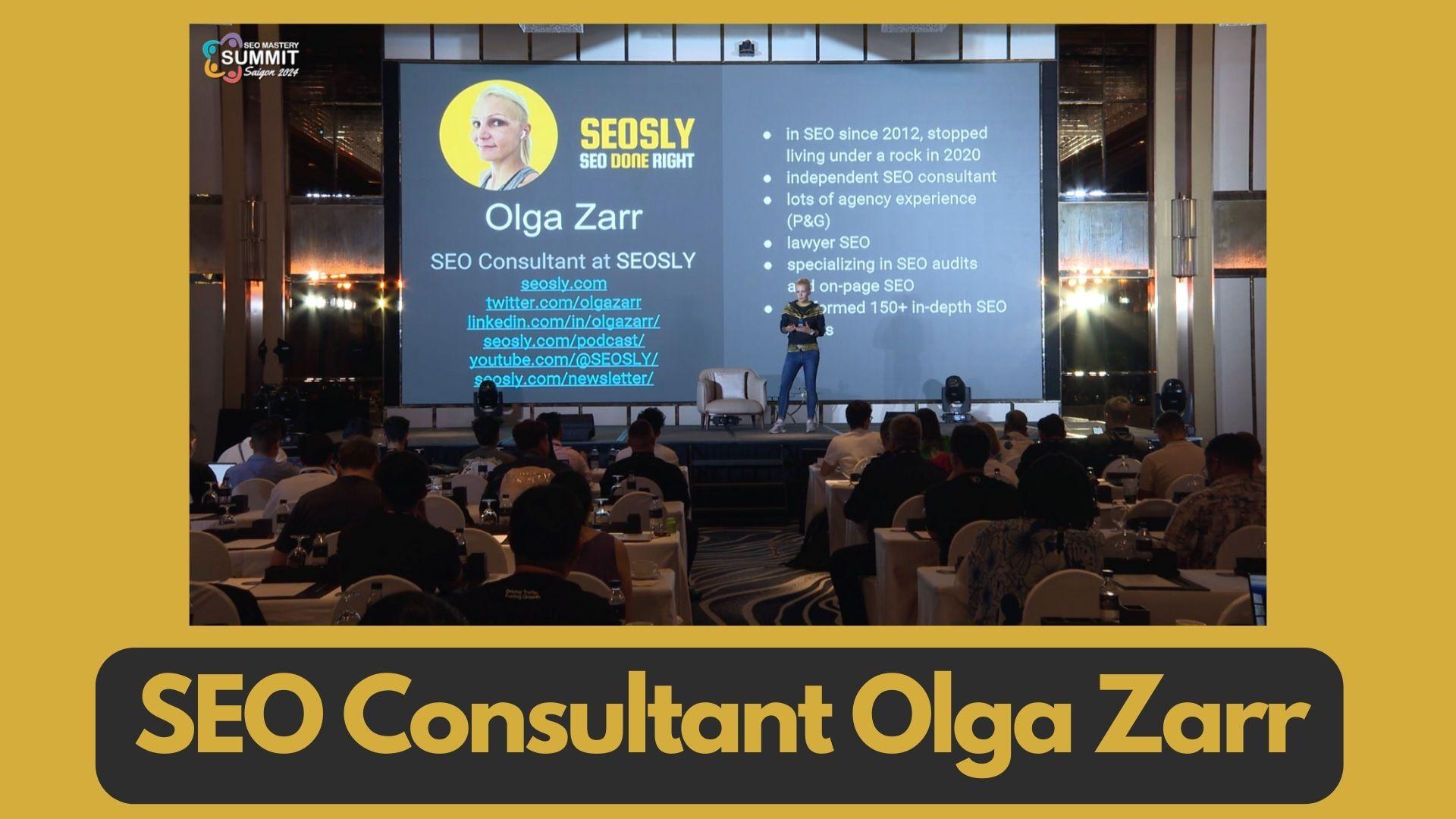
Mastering the Art of Keyword Research for Maximum Impact
Understanding the importance of keyword research is the first step towards mastering SEO. It’s the process of identifying popular words and phrases that people enter into search engines. The aim is to figure out what to rank for. Using the right keywords can drive targeted traffic to your WordPress site, which can ultimately lead to increased conversions.
Start by brainstorming a list of topics related to your business or industry. Then, use keyword research tools like Google Keyword Planner, SEMrush, or RankMath SEO Pro Plugin to find keywords related to these topics. Look for keywords with high search volume and low competition. These are known as ‘long-tail’ keywords and can help you rank higher in search results. Here’s a simple process to follow:
- Brainstorm topics related to your business or industry
- Use keyword research tools to find related keywords
- Look for ‘long-tail’ keywords with high search volume and low competition
- Use these keywords in your website content, meta tags, and URLs
Remember, the goal of keyword research isn’t just to increase traffic to your site, but to attract the right kind of traffic. By understanding and using effective keyword research, you can create content that your audience is actively searching for, leading to higher engagement and conversions.
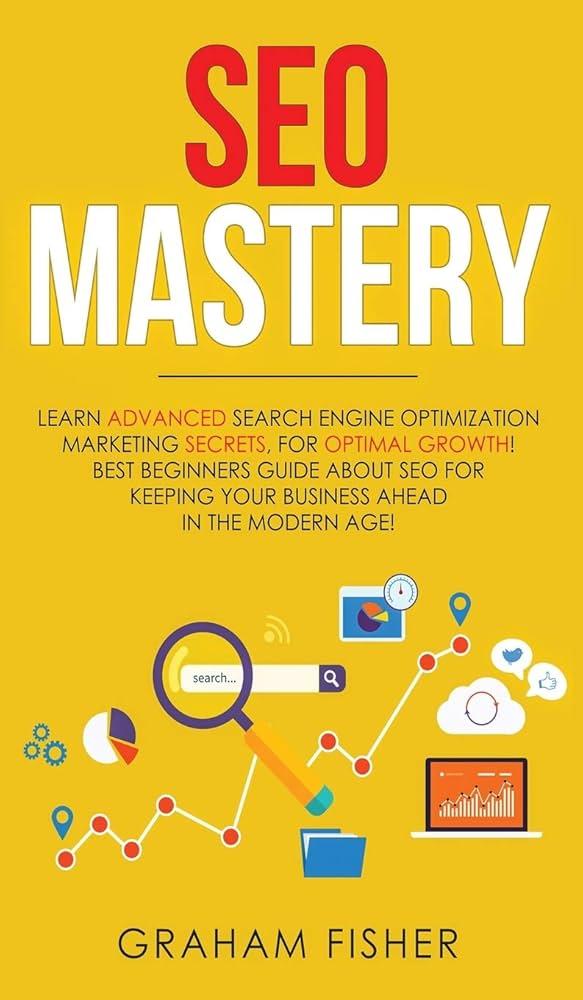
The Role of Quality Content in SEO: More Than Just Keywords
When it comes to SEO, content is king. It’s not just about stuffing your posts with keywords, but rather creating high-quality, relevant, and engaging content that your audience will find valuable. This is where the real power of SEO lies. Quality content helps to improve your site’s visibility, increase its credibility, and boost its ranking on search engine results pages (SERPs).
There are several key elements to consider when creating quality content for SEO:
- Relevance: Your content should be relevant to your audience and align with their interests, needs, and search queries.
- Originality: Original content not only adds value to your audience but also helps to differentiate your site from others. Google rewards unique content that provides new insights or perspectives.
- Readability: Make your content easy to read and understand. Break up large blocks of text with subheadings, bullet points, and images. This improves user experience and increases the time spent on your site.
- Engagement: Engaging content encourages users to interact with your site, whether it’s leaving a comment, sharing your content, or making a purchase. This can boost your site’s SEO and increase its visibility on SERPs.
Remember, quality content is not just about pleasing search engines, but more importantly, it’s about providing value to your audience. By focusing on creating high-quality, relevant, and engaging content, you can improve your site’s SEO and unleash its full potential.
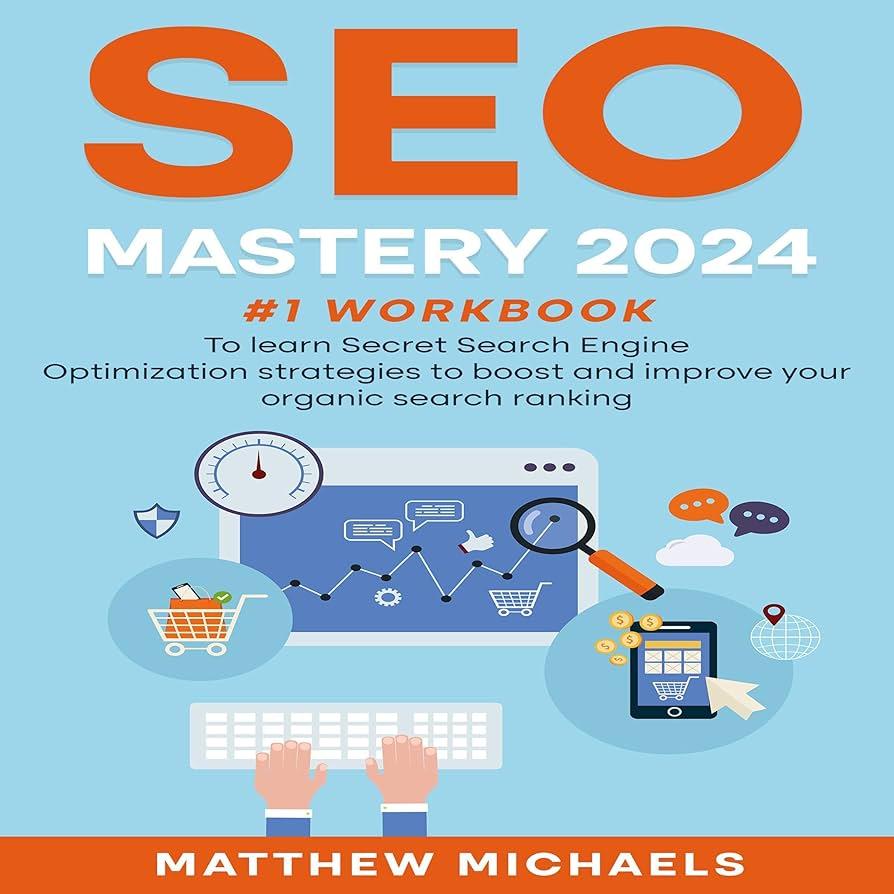
Technical SEO: The Backbone of Your WordPress Site Performance
Technical SEO is a critical component of your WordPress site’s performance. It’s the foundation that allows search engines to effectively crawl, interpret, and index your website. Without a solid technical SEO strategy, even the most well-designed and content-rich WordPress sites can struggle to achieve high search engine rankings.
One of the key aspects of technical SEO is site structure. A well-organized site with clear navigation helps search engines understand your content and its importance. This can be achieved by using a logical URL structure, creating a comprehensive sitemap, and implementing breadcrumbs. Additionally, mobile optimization is crucial as Google uses mobile-first indexing. Ensure your WordPress site is responsive and offers a seamless experience across all devices.
- Page speed is another vital element of technical SEO. Slow-loading pages can harm your SEO and user experience. Use tools like Google PageSpeed Insights to identify areas for improvement. Consider optimizing images, leveraging browser caching, and minimizing HTTP requests.
- Don’t forget about SSL encryption. Sites with HTTPS are considered more trustworthy by search engines and users alike. Most WordPress hosting providers offer free SSL certificates.
schema markup can give your SEO a significant boost. It helps search engines understand your content better, potentially leading to richer search results. The RankMath SEO Pro plugin makes adding schema markup to your WordPress site a breeze.
| Technical SEO Element | Importance |
|---|---|
| Site Structure | Helps search engines understand your content |
| Mobile Optimization | Crucial for Google’s mobile-first indexing |
| Page Speed | Impacts SEO and user experience |
| SSL Encryption | Increases trustworthiness of your site |
| Schema Markup | Leads to richer search results |
Remember, technical SEO is an ongoing process. Regularly audit your WordPress site to identify and fix any issues that could be hindering your SEO performance.
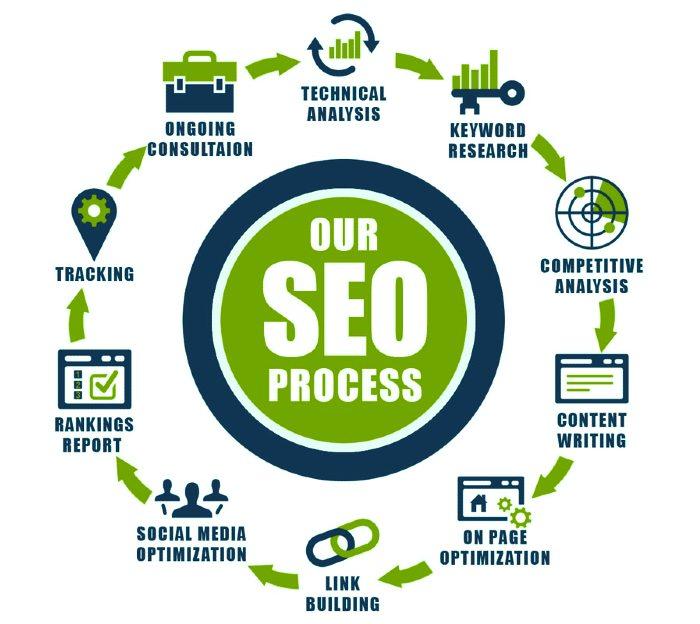
Building Backlinks: The Key to Boosting Your Sites Authority
Building a robust network of backlinks is a critical component of any successful SEO strategy. Backlinks, or inbound links, are links from other websites that point to your site. They are like votes of confidence from the online community, signaling to search engines that your content is valuable and worth ranking highly. But how do you go about acquiring these valuable backlinks?
Firstly, create high-quality, shareable content. This might be an in-depth blog post, a useful infographic, or a compelling video. The key is to provide value to your audience, so they will naturally want to link to your content. Secondly, reach out to relevant websites and blogs in your industry. Offer to write a guest post or suggest a resource on their site that could link back to your content. Lastly, use social media to promote your content and encourage others to share and link to it.
- Create high-quality, shareable content
- Reach out to relevant websites and blogs
- Use social media to promote your content
Remember, building backlinks is a long-term strategy. It takes time and effort, but the rewards in terms of improved search engine rankings and increased website traffic are well worth it.
| Strategy | Description |
|---|---|
| Create high-quality content | Develop content that provides value to your audience, encouraging them to link to it. |
| Outreach | Contact relevant websites and blogs, offering to write a guest post or suggesting a resource that could link back to your content. |
| Social Media Promotion | Use social media platforms to promote your content and encourage others to share and link to it. |
On-Page Optimization: A Crucial Step in Your SEO Strategy
When it comes to mastering SEO for your WordPress site, on-page optimization is a critical step that you cannot afford to overlook. This process involves optimizing individual webpages to rank higher and earn more relevant traffic in search engines. It encompasses both the content of a page that is visible to users, as well as the HTML source code that is visible to search engines.
Here are some key elements to focus on for effective on-page optimization:
- Meta Title and Description: These are the first things search engines and users see. Make sure they are compelling, include your target keywords, and accurately represent the content of your page.
- URL Structure: A clean and readable URL is preferred by search engines. Include your main keywords in the URL.
- Heading Tags: Use H1, H2, and H3 tags to structure your content. Include your keywords in these headings, especially the H1.
- Keyword Density: While there’s no exact percentage, it’s important to use your keywords naturally throughout your content.
- Image Optimization: Use relevant images with alt tags that include your keywords. This helps search engines understand what the image is about.
- Internal and External Links: Link to relevant content within your site and to authoritative external sites. This helps search engines understand the context of your content.
Remember, the goal of on-page optimization is not just to rank higher, but to improve the overall user experience and increase the relevancy of your content. By focusing on these elements, you’ll be well on your way to SEO mastery.

Site Performance Optimization: Ensuring a Smooth User Experience
When it comes to Site Performance Optimization, one of the key aspects to focus on is the loading speed of your WordPress site. A slow-loading site can deter potential visitors, negatively impacting your SEO ranking. To improve your site’s speed, consider the following:
- Optimize Images: Large, high-resolution images can significantly slow down your site. Use plugins like Smush or EWWW Image Optimizer to compress and optimize your images without losing quality.
- Use a Caching Plugin: Caching plugins like W3 Total Cache or WP Super Cache can drastically improve your site’s loading speed by storing a version of your site’s pages in a cache, reducing the time it takes to load.
- Minimize HTTP Requests: Too many HTTP requests can slow down your site. Minimize these by reducing the number of files your site needs to load, combining CSS and JavaScript files, and using sprites for images.
Another crucial aspect of Site Performance Optimization is ensuring your WordPress site is mobile-friendly. With the majority of web traffic now coming from mobile devices, having a site that isn’t optimized for mobile can significantly harm your SEO. Here are some tips to make your site mobile-friendly:
- Responsive Design: Ensure your site’s design is responsive, meaning it automatically adjusts to fit the screen size of the device it’s being viewed on. Most modern WordPress themes are responsive out of the box.
- Touchscreen Navigation: Make sure all menus and buttons on your site are easily navigable on touchscreen devices.
- Optimize for Speed: Mobile users are often on the go, so site speed is even more critical. Use Google’s PageSpeed Insights tool to check your site’s speed and get suggestions for improvement.

Harnessing the Potential of RankMath SEO Pro Plugin for WordPress
RankMath SEO Pro plugin is a powerful tool that can significantly enhance your WordPress site’s SEO performance. This plugin offers a comprehensive suite of features designed to optimize your site for search engines and improve its visibility online. With its user-friendly interface and advanced functionality, RankMath SEO Pro is an essential asset for any WordPress site owner looking to boost their SEO game.
One of the key features of RankMath SEO Pro is its on-page optimization capabilities. This includes a built-in keyword research tool, which allows you to identify high-performing keywords relevant to your content. By incorporating these keywords into your posts and pages, you can improve your site’s ranking on search engine results pages (SERPs). The plugin also provides detailed SEO analysis for each page and post, helping you identify and address any potential issues that could be affecting your site’s SEO performance.
- Technical SEO: RankMath SEO Pro excels in technical SEO, offering features like XML sitemap generation, robots.txt editing, and schema markup for rich snippets.
- Content Creation: The plugin’s content analysis tool provides actionable insights to improve the SEO-friendliness of your content.
- Backlinks: With RankMath SEO Pro, you can easily track your backlinks and their impact on your site’s SEO.
- Site Performance Optimization: The plugin also includes features to improve site speed and performance, both of which are crucial for SEO.
| Feature | Description |
|---|---|
| Keyword Research | Identify high-performing keywords to improve SERP rankings |
| SEO Analysis | Detailed analysis of each page and post for SEO optimization |
| Technical SEO | Advanced features for technical SEO, including XML sitemaps and schema markup |
| Content Analysis | Actionable insights to improve the SEO-friendliness of your content |
| Backlink Tracking | Track your backlinks and their impact on your site’s SEO |
| Site Performance | Optimize site speed and performance for improved SEO |
The Future of SEO: Staying Ahead of the Curve in a Changing Digital Landscape
As we navigate through the ever-evolving digital landscape, it’s crucial to stay updated with the latest SEO trends and strategies. One such trend is the increasing importance of on-page optimization. This involves optimizing individual webpages to rank higher and earn more relevant traffic. Key elements include title tags, meta descriptions, and header tags. But it’s not just about keywords – it’s about providing valuable content that answers the searcher’s query.
Another significant trend is the focus on technical SEO. This refers to the process of optimizing your website for the crawling and indexing phase. It’s about improving the infrastructure of your site to enhance its visibility in search engines. Key aspects include site speed, mobile-friendliness, and secure sockets layer (SSL) encryption. Here’s a simple table to illustrate:
| Technical SEO Aspect | Importance |
|---|---|
| Site Speed | Google uses site speed as a ranking factor. A faster site provides a better user experience. |
| Mobile-Friendliness | With mobile searches now surpassing desktop, it’s crucial that your site is optimized for mobile users. |
| SSL Encryption | SSL encryption not only secures your site, but it also builds trust with your users and improves your ranking. |
Lastly, the power of backlinks cannot be overstated. These are links from other websites to your site, and they’re a major factor in how Google ranks web pages. However, it’s not just about quantity – the quality and relevance of the backlinks matter too. So focus on building relationships with reputable sites that are relevant to your industry.
Q&A
Q: What is SEO and why is it important for my WordPress site?
A: SEO, or Search Engine Optimization, is a set of strategies and techniques aimed at increasing the visibility of a website in search engine results. It’s crucial for your WordPress site because it helps you attract organic, or non-paid, traffic. The more visible your site is, the more likely you are to attract prospective and existing customers to your business.
Q: How can I optimize my WordPress site for SEO using the RankMath SEO Pro plugin?
A: The RankMath SEO Pro plugin is a powerful tool that can help you optimize your WordPress site. It allows you to perform keyword research, optimize your meta tags, create XML sitemaps, and much more. It also provides detailed SEO analysis that can help you understand how well your site is performing and where improvements can be made.
Q: How does keyword research help in SEO?
A: Keyword research is the process of finding and analyzing search terms that people enter into search engines. By understanding these terms, you can create content that aligns with what your audience is searching for. This can help improve your site’s visibility in search engine results.
Q: What is on-page optimization and how can it improve my site’s SEO?
A: On-page optimization involves optimizing individual webpages on your site to rank higher in search engine results and attract more relevant traffic. This includes optimizing your content, meta tags, URL structure, and images. By doing this, you can improve your site’s relevance to specific keywords, making it more likely to rank highly in search engine results.
Q: How can I create SEO-friendly content for my WordPress site?
A: Creating SEO-friendly content involves writing content that both your audience and search engines will love. This includes using relevant keywords in your content, writing high-quality and original content, using headings and subheadings to make your content easy to read, and including internal and external links to boost your site’s credibility.
Q: What role do backlinks play in SEO?
A: Backlinks, or links from other websites to your site, play a crucial role in SEO. They act as votes of confidence from other sites, indicating to search engines that your content is valuable and worth ranking highly. However, it’s important to focus on earning high-quality backlinks from reputable sites, as low-quality backlinks can harm your site’s SEO.
Q: How can I improve my WordPress site’s performance for better SEO?
A: Site performance is a key factor in SEO. If your site is slow or difficult to navigate, it can harm your rankings in search engine results. You can improve your site’s performance by optimizing your images, using a caching plugin, minimizing your use of plugins, and using a reliable hosting provider. The RankMath SEO Pro plugin can also provide insights into your site’s performance and offer suggestions for improvement.
Closing Remarks
mastering the art of SEO is not just about understanding algorithms and keywords. It’s about unleashing the potential of your WordPress site, transforming it into a powerful beacon that attracts, engages, and converts. It’s about diving deep into the intricacies of on-page optimization, technical SEO, content creation, backlinks, and site performance optimization. It’s about leveraging the power of tools like the RankMath SEO Pro plugin to streamline your efforts and maximize your results. Remember, in the vast ocean of the internet, your WordPress site is your vessel, and SEO is your compass. Navigate wisely, chart your course with precision, and there’s no limit to the treasures you can discover. Whether you’re a seasoned SEO expert or a beginner just dipping your toes into the water, the journey to SEO mastery is a rewarding one. So, set sail, explore, learn, and grow. The world of SEO is waiting for you. FAQ Section:
- What is SEO?
SEO stands for Search Engine Optimization. It’s a process of improving your website’s visibility for relevant searches. The better visibility your pages have in search results, the more likely you are to garner attention and attract prospective and existing customers to your business.
- What is the RankMath SEO Pro plugin?
RankMath SEO Pro is a WordPress plugin designed to help you optimize your website for search engines. It provides a suite of tools for keyword research, on-page SEO, technical SEO, and more.
- What is on-page SEO?
On-page SEO refers to the practice of optimizing individual web pages in order to rank higher and earn more relevant traffic in search engines. It includes aspects like content quality, keyword optimization, and usability.
Backlinks are links from one website to a page on another website. They’re important for SEO because they signal to search engines that other websites vouch for your content, which can improve your site’s ranking in search engine results.
- How can I improve my site’s performance?
You can improve your site’s performance by optimizing your images, reducing the number of plugins, enabling caching, and using a content delivery network (CDN), among other strategies. Remember, SEO is a journey, not a destination. Keep learning, keep optimizing, and keep growing. Your SEO mastery is within reach.

